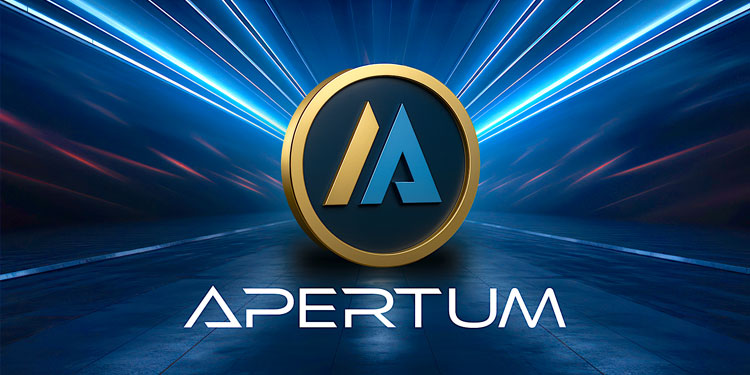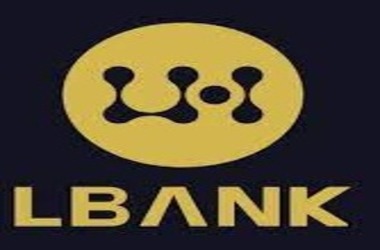
Apple has stated, as a component of its latest App Store policies, that it will permit creators to offer NFTs inside applications and games. Notwithstanding the restrictions and costs Apple imposes on specific forms of NFT, this is a significant development because, as DigiDaigaku NFT project head Gabriel Leydon noted, “…this may embed an ETH wallet in every solitary mobile game that onboards 1 billion or more users!”
Users may now offer and exchange NFTs using a variety of Apple App Store applications. Until this judgment, apps that retain or show NFTs may have violated Apple’s guidelines. Last September 2021, Gnosis Safe, a cryptocurrency wallet that enables users maintain and sometimes even trade Ethereum digital products, got notification from Apple that its application will be removed from the App Store “Apps that connect, whether it be basic holding or the marketplace, are ineligible for the App Store. We recommend that you eliminate this functionality from your app.”
Apple currently gives developers permission to sell NFTs. Nevertheless, the Apple applies similar monetization model to NFT transactions as it does to all other Software Store purchases: a 30% fee from app creators who generate more than $1 million yearly via the App Store and a 15% commission from smaller vendors. Apple states that applications may display, mint, and trade NFTs and offer a way for potential customers to examine their NFT stockpiles so far as they do not activate extra gaming elements or app capabilities. Apps may also advertise other NFT services so long as they do not give redirect links or media purchases that bypass Apple’s payment method.
Although it ranks among the world’s top technological businesses, the Cupertino powerhouse has done almost nothing to adopt blockchain technology, and its offerings are accused for being excessively closed-off. This latest discovery suggests that Apple is gathering momentum to blockchain technology and its uses, although slowly.
Apple’s high commission rate has been criticized by the worldwide crypto world and contrasted with other NFT exchanges. Fees on OpenSea and Magic Eden remain at 5%, while others have maintained a trading fee barrier as little as 2.5%.
Florian Mueller, a technology blogger, described Apple’s “app tax” on NFT trades as “exploitative but consistent,” further stating that the real expenses to creators can quite often surpass the 30% commission referenced when referring to the App Store, as certain geographic locations are subject to charges as high as 35% in addition to certain other fees applicable when displaying search ads.
Epic Games CEO Tim Sweeney, a consistent Apple critic, remarked that Apple is “killing” another new technology that “may compete its hideously costly in-app payment business” and that Apple’s excessive fees might strangle the whole NFT industry.
The case that Epic Games has already been pursuing against Apple for the past two years is based on Apple’s commission practice. The video game developer filed a lawsuit against Apple for not enabling it to utilize its payment mechanism rather than the App Store’s in-app payment facility and for collecting a 30% share.
Magic Eden, the biggest Solana NFT trading platform, also sought explanation on the change, denying in-app trading functionality after discovering Apple’s stringent pricing expectations. “Our application stays on the App Store as a platform for presenting Magic Eden products and mints, but it does not include trade capabilities,” a Magic Eden representative said.
Additionally, secondary NFT sales are troublesome. For instance, Magic Eden and OpenSea often charge a fee of little over 5%.
“In this situation, if a collector wishes to acquire an NFT via the Magic Eden or OpenSea application on an iPhone, the merchant will only get 70% of the buying price,” revealed Blockwork. And it is doubtful that the market will be keen to cover the difference.
For NFT companies, Apple’s choice to enable NFT sales at its regular premium is a big obstacle. Several entrepreneurs have grumbled about the limitations that Apple supposedly enforces and the costs that make it impossible to justify utilizing the App Store.
Although a court ruling from last year obliged Apple to permit connections to off-platform payment systems, this may not apply to NFT trading since Apple doesn’t really accept cryptocurrency based settlements. All product listings are shown and paid for in dollars. NFT markets confront the difficulty of creating new framework to handle Apple’s payment platform, and NFT dollar values fluctuate often because to the volatility of cryptocurrencies.
However, not every Web3 company has opposed Apple’s approach. Some view Apple’s approval of NFT as advantageous since the marketplace and Web3 applications accessible in its store have the opportunity for broad adoption. In furthermore, a 30% fee to Apple is preferable than being banned from the App Store entirely.
By approving cryptocurrency and NFTs, Apple can draw hundreds of millions, albeit not billions, of users to NFTs and cryptocurrency. The gaming business, which now has around 4 billion online gamers, is another market that might produce substantial fees. Currently, less than 100,000 individuals play cryptocurrency-based games, thus the embedding into iOS applications might attract hundreds of millions of additional players.
Apple’s move to enable programmers to sell non-fungible tokens in the App Store might be foreboding. This change might be viewed as a hint that Apple is starting to lift limitations and become more receptive to alternative sorts of applications and services. Apple has always been quite guarded of how its systems are utilized. This area might include anything from blockchain-powered gaming to decentralized social media platforms.
This announcement has been taken as a nod for Web3 apps to go outside the Android platform. In actuality, it is both. It’s possible that this isn’t the most important move in the crypto sector, but it demonstrates that Apple trusts in the technology and wants to promote its growth. It needs to be observed how Apple’s move would affect the burgeoning cryptocurrency app market and blockchain business. For instance, gaming may currently find a place inside the developing environment, as programmers are pushed to build more diversified games and consumers are ready to spend additional time and money in the blockchain space.
This latest permission for NFTs is a big step in decentralizing digital information for a firm that has traditionally been focused with preserving its profits. It also illustrates Apple’s awareness of blockchain’s benefits.








